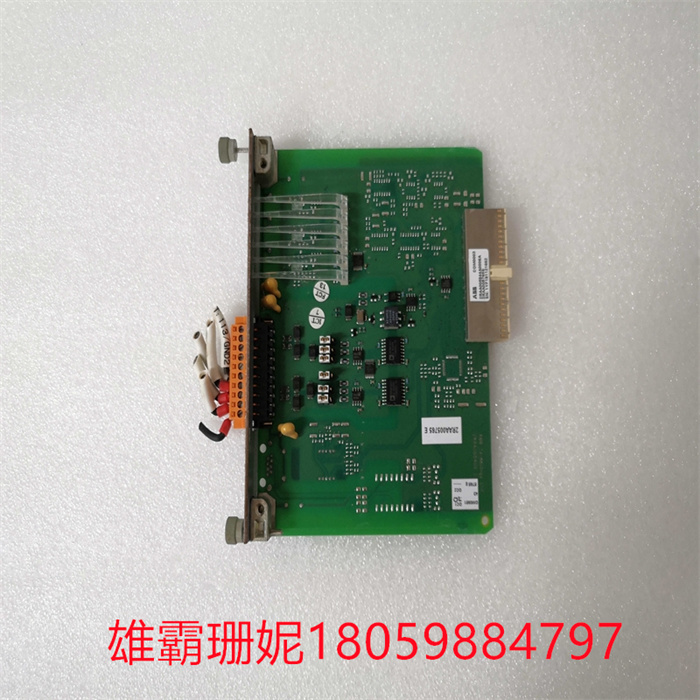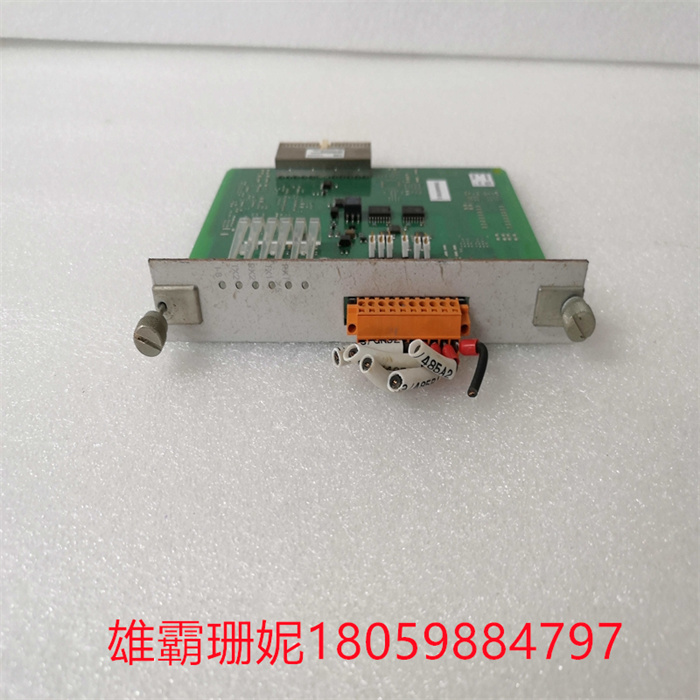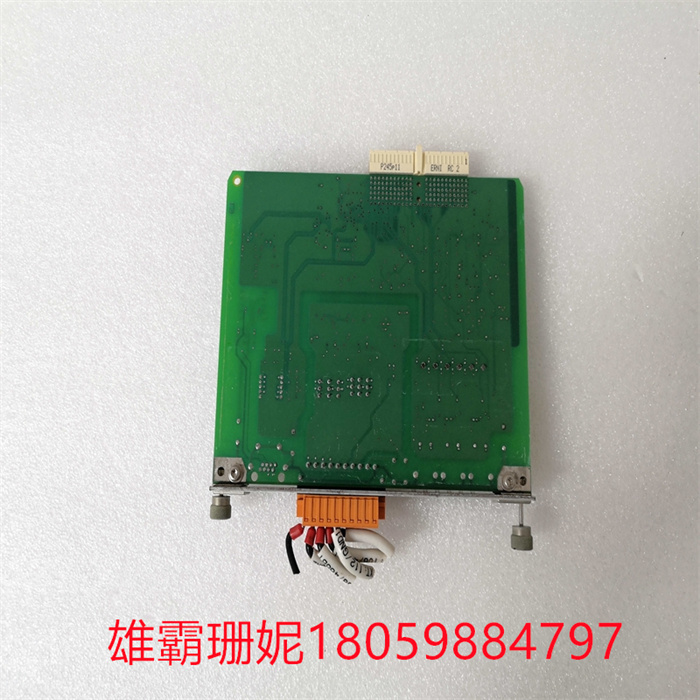ABB COM0003 2RAA005844A0006A 输出模块
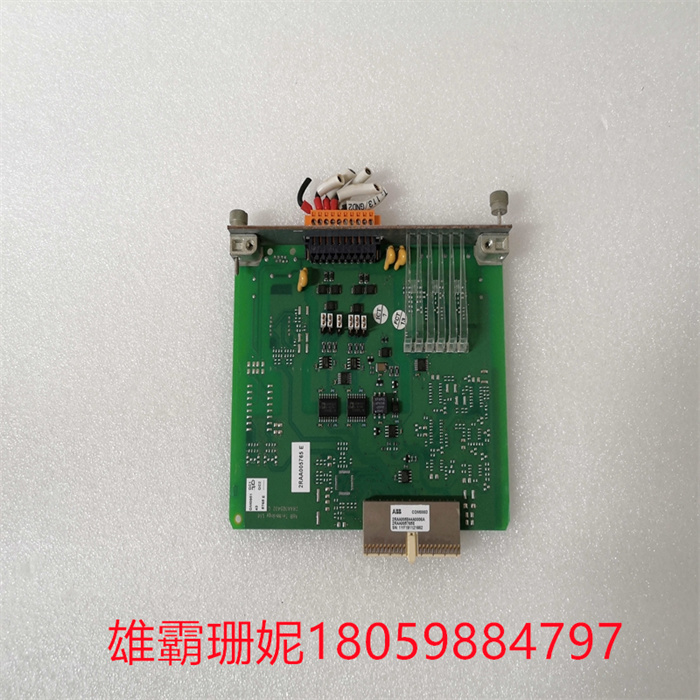
计算机是第一台具有真正虚拟内存的计算机。第一个真正的虚拟内存系统是在曼彻斯特大学创建一级存储系统作为的一部分阿特拉斯计算机。它使用了一个分页将程序员可用的虚拟地址映射到由16,384个主内存字组成的真实内存的机制磁心存储器再加上98304字的二次计算机的磁鼓记忆装置。将虚拟内存添加到Atlas中还消除了一个迫在眉睫的编程问题:规划和调度主内存和辅助内存之间的数据传输,并针对主内存大小的每次变化重新编译程序。第一个Atlas于1962年投入使用,但寻呼的工作原型在1959年就已经开发出来了。1961年巴勒斯公司独立发布了第一台带有虚拟内存的商用计算机B5000,与分割而不是寻呼。
设置数据的寄存、缓冲逻辑,以适应CPU与外设之间的速度差异,接口通常由一些寄存器或RAM芯片组成,如果芯片足够大还可以实现批量数据的传输。协调作用:能够协调CPU和外设两者在信息的类型和电平的差异,如电平转换驱动器、数/模或模/数转换器等
硬件加速的例子包括位blit图形处理单元(GPU)中的加速功能,使用忆阻器用于加速神经网络和正则表达式硬件加速垃圾邮件控制在......里计算机网络服务器行业,旨在防止正则表达式拒绝服务(ReDoS)攻击。[181执行加速的硬件可能是通用CPU的一部分,也可能是称为硬件加速器的独立单元,尽管它们通常被称为更具体的术语,如3D加速器或密码加速器。
ABB COM0003 2RAA005844A0006A 输出模块
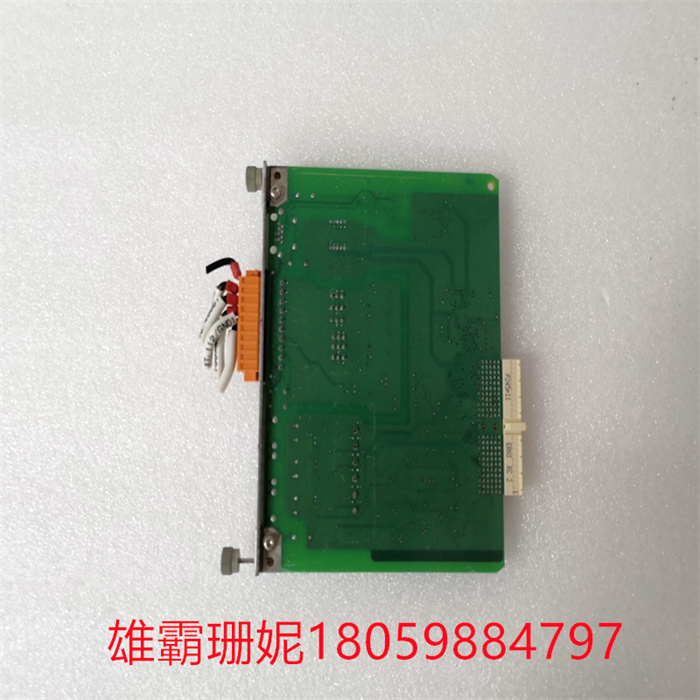
Computer is the first computer with real virtual memory. The first real virtual memory system was created in Manchester University as a part of Atlas computer. It uses a paging mechanism to map the virtual address available to the programmer to the real memory consisting of 16,384 main memory words, the core memory plus the drum memory device of the secondary computer with 98,304 words. Adding virtual memory to Atlas also eliminates an urgent programming problem: planning and scheduling data transmission between main memory and auxiliary memory, and recompiling the program for each change of main memory size. The first Atlas was put into use in 1962, but the working prototype of paging was developed in 1959. In 1961, Burroughs Company independently released the first commercial computer B5000 with virtual memory, which was divided instead of paging.
Set the data register and buffer logic to adapt to the speed difference between CPU and peripherals. The interface usually consists of some registers or RAM chips. If the chips are large enough, batch data transmission can be realized. Coordination: It can coordinate the differences in information types and levels between CPU and peripherals, such as level shift drivers, digital/analog or analog/digital converters, etc.
Examples of hardware acceleration include the acceleration function in Bit blit Graphics Processing Unit (GPU), the use of memristors to accelerate neural networks and regular expression hardware to accelerate spam control in the computer network server industry in order to prevent regular expression denial of service (ReDoS) attacks. [181] The hardware that performs acceleration may be a part of a general-purpose CPU, or it may be a separate unit called a hardware accelerator, although they are usually referred to as more specific terms, such as a 3D accelerator or a cryptographic accelerator.




